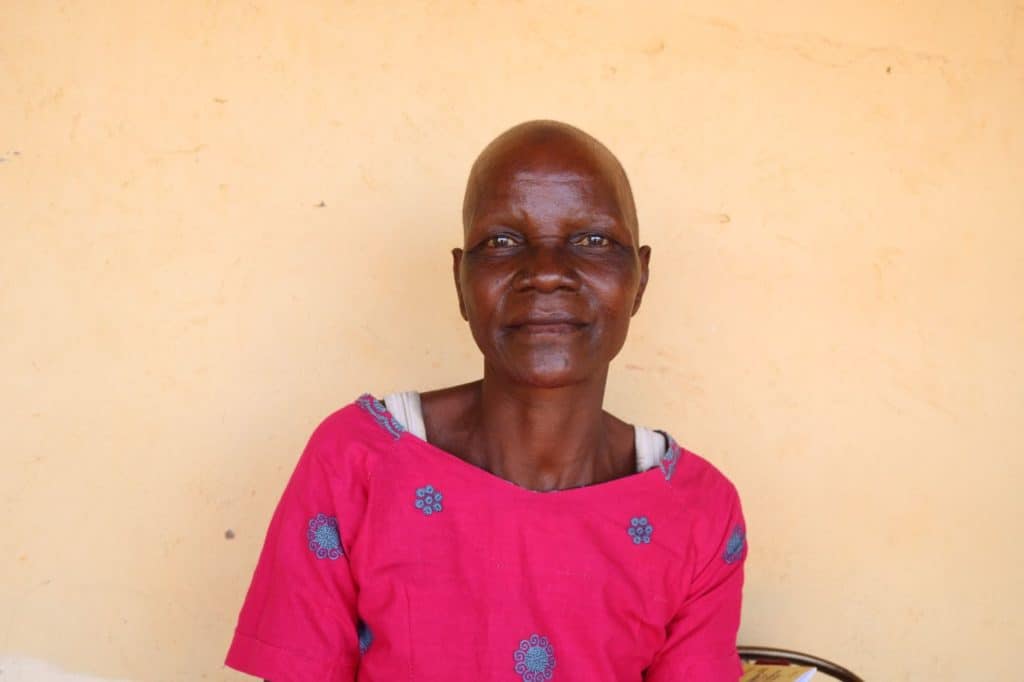Cervical Cancer in Malawi


Meet Glyceria
Glyceria Selemani was diagnosed with cervical cancer in May of this year.
“I was severely bleeding for 4 months,” she says. “I was in so much pain. It never crossed my mind that it could be cervical cancer. I hadn’t even heard of cervical cancer until I attended a health talk at Orant’s clinic.”
Aged 57, Glyceria hails from Tchale village, Traditional Authority Chakhaza in Dowa. She is a single mother of three. Like many women in rural Malawi, Glyceria lives far from healthcare facilities. She cannot afford transportation to a hospital. Orant knows this struggle and aims to assist.
“After being diagnosed,” Glyceria says, “Orant provided me with all the support I needed. They even gave me transport money to Kamuzu Central Hospital. I have been going to Kamuzu for chemotherapy since.”
The chemo is working. “I am now feeling so much better,” Glyceria says, “My only worry is that I have lost my hair due to chemotherapy.”
What is cervical cancer?
Cervical cancer starts in the cells of the cervix, the lower part of the womb that connects to the birth canal. Cancer happens when cells begin to grow out of control.
Cervical Cancer in Malawi
Malawi has the highest cervical cancer incidence and mortality rate in the world, BMC Public Health reported in 2015. Yet screening and treatment remain challenging. Malawi lacks effective treatment facilities, equipment, and trained professionals.
Another challenge in Malawi is late diagnosis. Late diagnosis happens for two reasons. 1. Lack of access to information. And 2. Rural poverty. Glyceria is the perfect example. If not for Orant’s health talks, she wouldn’t have known she had cancer. If not for Orant’s support, she wouldn’t have been able to afford transportation to the hospital.
Orant’s Role
Orant provides health and awareness talks on cervical cancer in both our static and mobile outreach clinics almost every day. Thanks to these talks, more women visit our static clinic for screening.
Every Wednesday, our clinicians conduct Visual Inspection with Acetic Acid (VIA) screenings f0r all women who are sexually active. We screen HIV positive people every year; HIV negative people every three years. If a patient shows positive cervical cancer signs, we give them thermal coagulation. This treatment uses a small device to destroy lesions with heat.
We also refer anyone with lesions on their cervix to Kamuzu Central Hospital. There, they receive further screening and biopsy. We give these patients money for transportation, biopsy, monitoring, and assessment for up to 3 years.
“We are the only healthcare center that provides money for cancer patients’ transportation,” says Mary Zadzola, a nurse at Orant’s Static Clinic, “I’m glad that women are being helped and supported.”
Learn more about Orant’s Healthcare Programs here.

